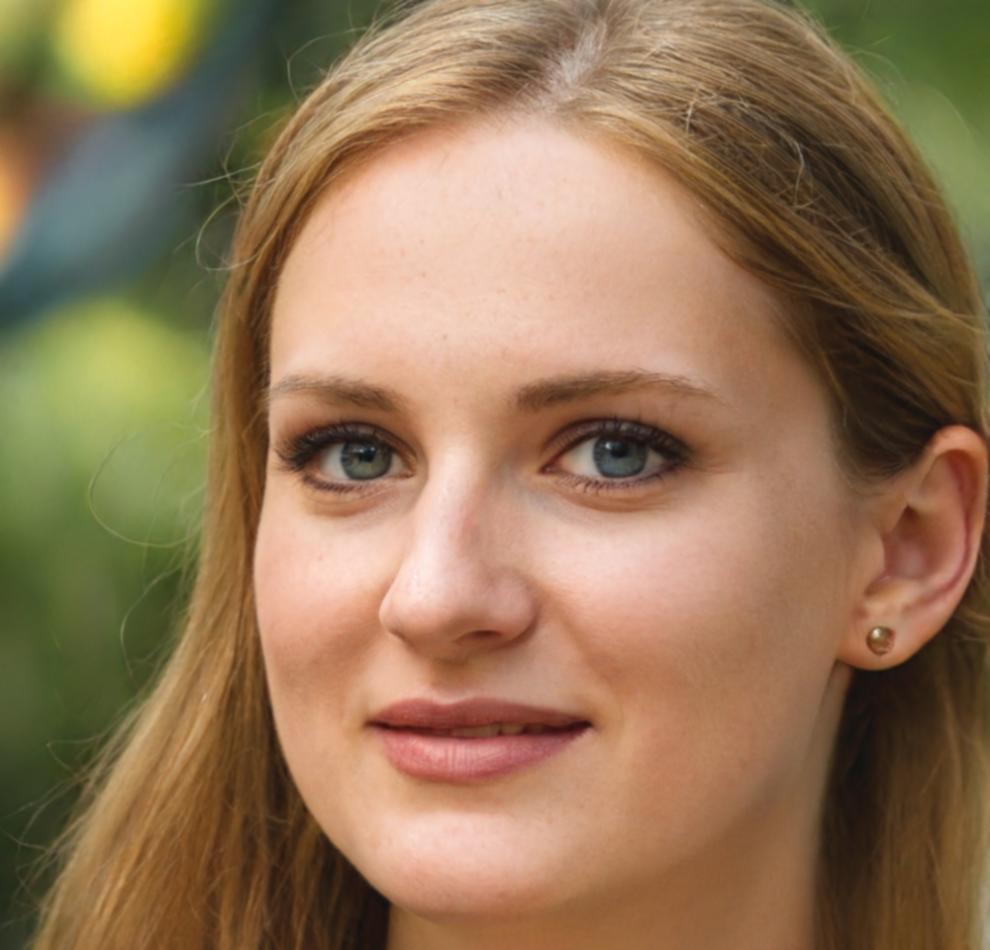How We Actually Teach Financial Literacy
Forget boring lectures and endless spreadsheets. We've spent years figuring out what works when teaching Australian business teams about money. Spoiler: it's not what you'd expect.
Let's Talk About Your Team
Real Scenarios Beat Theory Every Time
We tried the traditional approach back in 2023. Brought in textbooks, created PowerPoints with fancy charts. Teams fell asleep within twenty minutes.
So we changed everything. Now we start with actual situations your team faces. Last month's budget variance. That confusing cash flow dip in March. The question about whether to lease or buy equipment.
Turns out people pay attention when you're solving their actual problems instead of theoretical ones. Who knew?

Freya Lindholm
Finance Manager, Perth
I expected another dry financial training session. Instead, we spent two hours dissecting our own quarterly results and suddenly everything clicked. My team actually asks questions now instead of nodding along confused. They understand why certain decisions affect our bottom line. It's changed how we operate day to day.
Three Things We Learned The Hard Way
After working with over forty Australian businesses, we've figured out what makes financial education stick. Here's what actually matters.
Start Small and Build
We used to try cramming everything into intensive two-day sessions. Disaster. Information overload leads to nothing retained.
Now we break it down. One concept per week. Let teams practice. Answer questions as they come up. By the time we finish a programme in early 2026, the knowledge is embedded.
Make It Collaborative
Financial literacy shouldn't be one person lecturing at a whiteboard. Your team already has collective knowledge—they just need help connecting the dots.
We facilitate discussions where your marketing person realizes how their campaigns affect cash flow timing. Where operations understands margin pressure. Everyone contributes. Everyone learns from each other.
Follow Up Matters Most
The training session itself? That's maybe thirty percent of the value. The real work happens in the weeks after.
We stay connected. Quick check-ins when you're making decisions. Clarifying questions over email. Helping apply what you learned to new situations. That's where teams go from understanding concepts to actually using them.
How a Typical Programme Unfolds
Discovery Session
We sit down with your team—no charge, no pressure. Look at your actual financials. Figure out where the confusion lives. What keeps people up at night? What decisions feel unclear? This shapes everything that follows.
Custom Programme Design
There's no standard curriculum here. We build something specific for your team's needs. Maybe you need help with forecasting. Maybe it's understanding reports. Maybe it's project costing. We focus on what moves the needle for you.
Practical Sessions
Usually scheduled over eight to twelve weeks starting autumn 2025. Weekly or fortnightly, depending what works. Each session tackles one specific area using your real data. Teams work through exercises, ask questions, challenge assumptions.
Ongoing Support
Three months after the formal sessions end, we're still available. Email questions. Quick calls. Help with specific decisions. This is when the learning really solidifies because you're applying it to live situations.